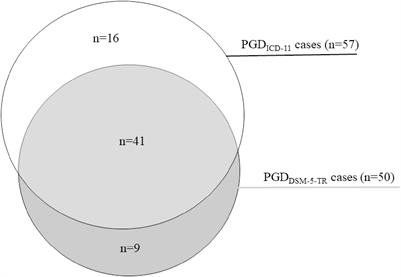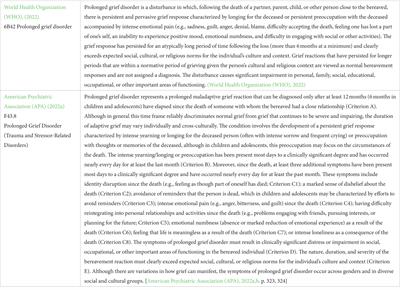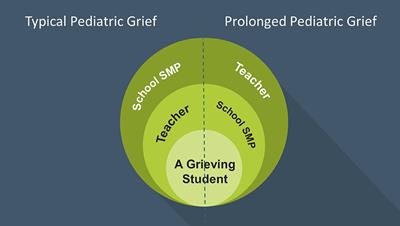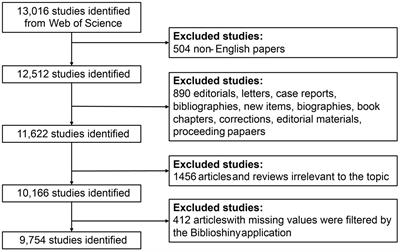EDITORIAL
Published on 27 Feb 2024
Editorial: Prolonged grief disorder: vulnerability and resilience
doi 10.3389/fpsyt.2024.1387937
- 1,504 views
3,875
Total downloads
16k
Total views and downloads
EDITORIAL
Published on 27 Feb 2024
ORIGINAL RESEARCH
Published on 08 Feb 2024

CONCEPTUAL ANALYSIS
Published on 05 Feb 2024

OPINION
Published on 06 Nov 2023

REVIEW
Published on 04 Aug 2023

